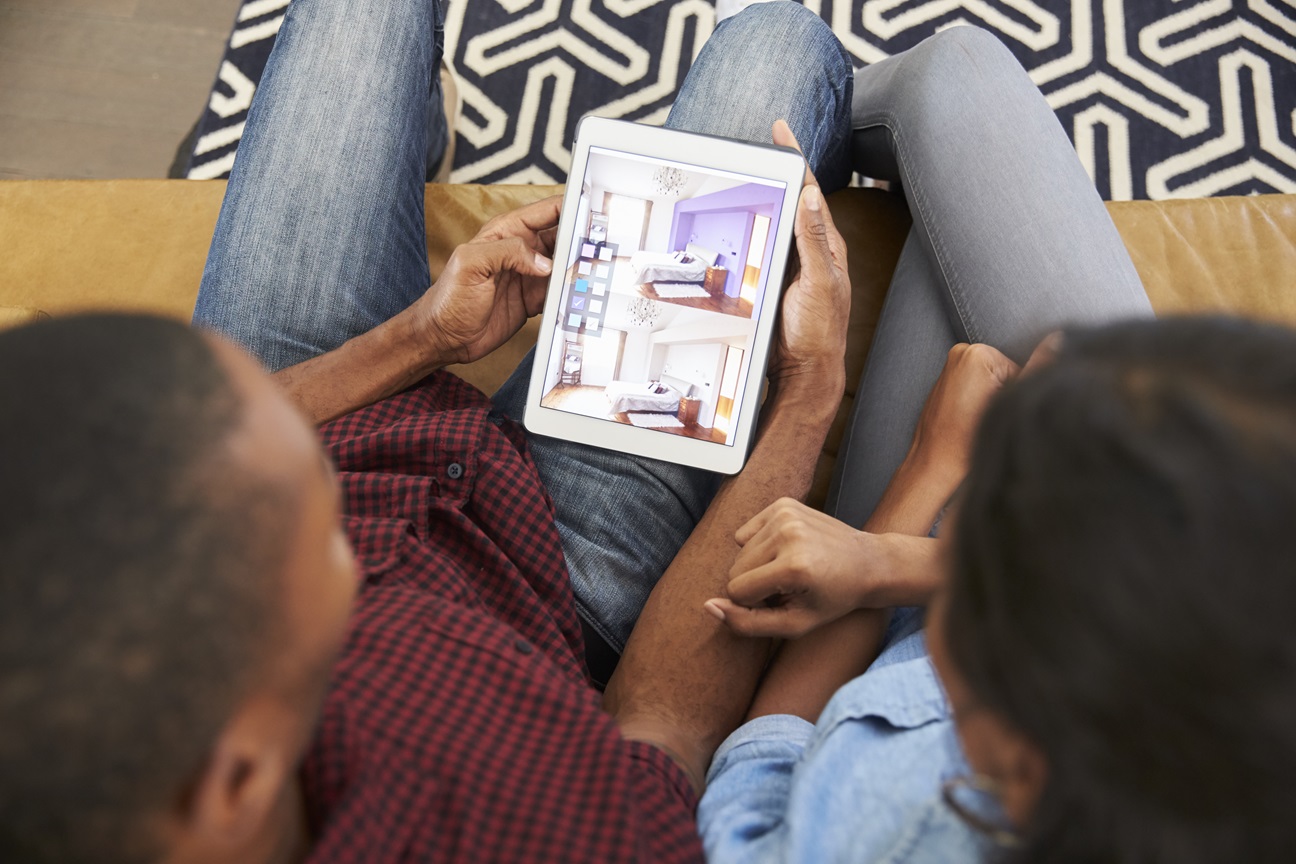Buying your first home is an exciting adventure and an experience you’re unlikely to forget. Just like any trip or vacation, you need to take steps to prepare yourself for your first-time home buying journey. This includes getting your finances in order.
By taking the right steps, you can put yourself in a good position and increase your odds of qualifying for a home loan. What’s more, financial preparedness can also set you up for a good homeownership experience by keeping your payments affordable and helping you navigate future challenges like unexpected repairs.
Below, we’ve shared some tips on how to prepare yourself financially for a successful first-time home buying experience.
How to Prepare Financially for Buying Your First Home
Buying a home is a big step, and it can be an even bigger challenge if it’s your first time. Often, first time home buyers are at an economic disadvantage because they do not have equity to tap into and cannot use profits from a previous sale to purchase a home.
However, this is not to say it’s an impossible task – far from that! New people become homeowners every day, and with a strong financial plan, you can too! Here are some tips to help you prepare financially for your first-time home buying journey:
Determine Your Budget
Before you start shopping for homes, it is important to figure out your budget. This way, you can avoid overspending and taking on more debt than you can handle. Consider your monthly income and current expenses, as well as the costs you will incur in the future such as your mortgage payments, property taxes, insurance, and maintenance costs. A good guideline to follow is the 30/30/3 Rule.
Focus on Your Credit Score
Your credit score impacts your mortgage interest rate, so it’s important to get your credit in check. Be sure to pay your bills on time, reduce your debt-to-income ratio, and review your credit report for errors.
Money in the Bank
If you haven’t already, you’ll want to start saving money. This way, you can cover your down payment and closing costs. A down payment is a portion of the home’s purchase price that you pay upfront. The larger the down payment, the lower your monthly mortgage payments will be. If you’re able to save 20% of the purchase price, you’ll be able to avoid paying private mortgage insurance (PMI). You can also look into first-time home buyer programs that offer down payment assistance.
Talk to an Expert at Mortgage Solutions Financial
Get help with your first-time home buying plans. Call our office today to speak to an expert about your goals and get the professional advice you need.





